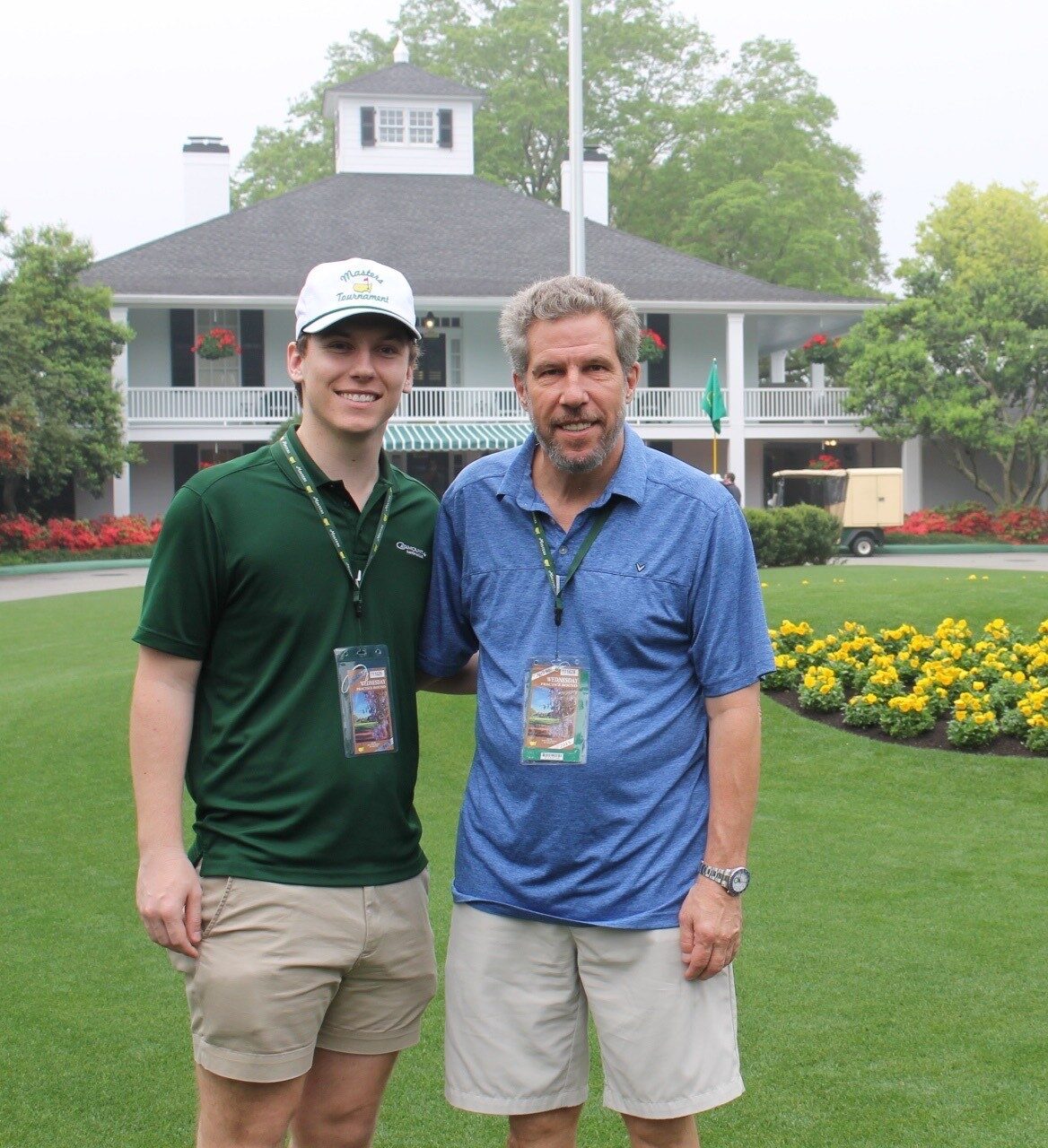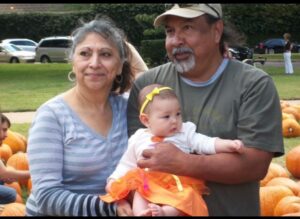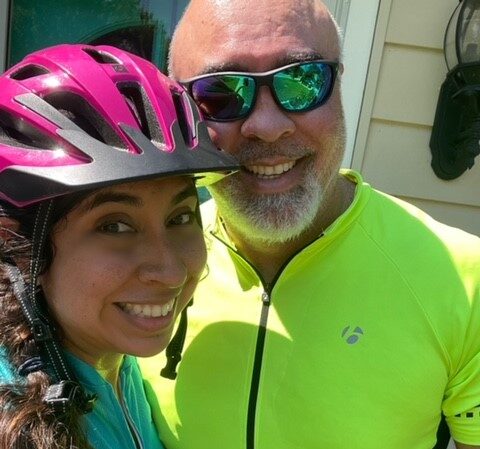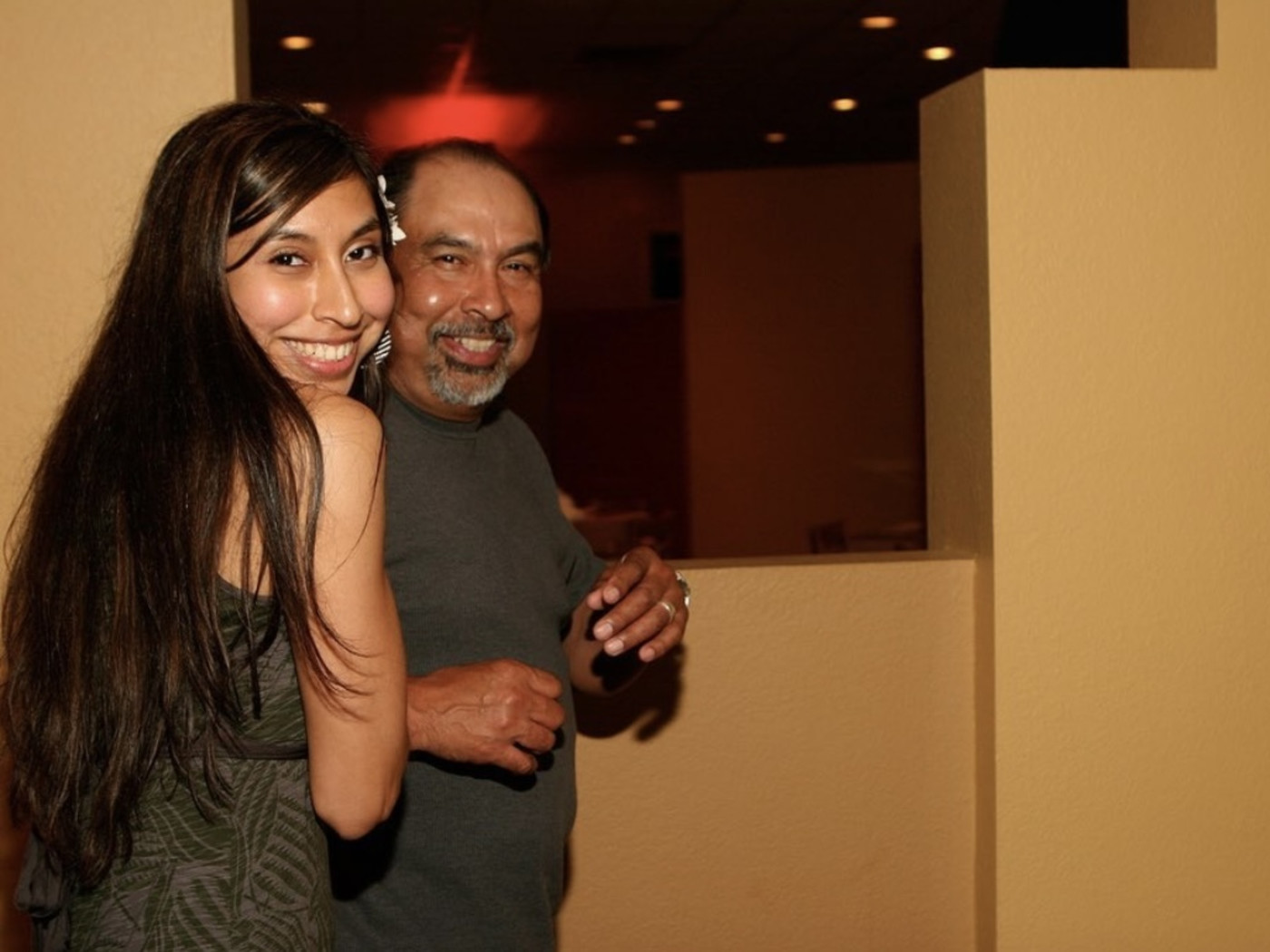
The Legacy
April 11, 2024
This is a guest post by Christopher Wood, Jr, son of the KCA’s late Board Chair and friend, Dr. Christopher…
Read More
This is a guest post by Alexander Hutchison, PhD, who’s father-in-law was diagnosed with kidney cancer. Hutchison is a fitness expert and the senior editor of the scientific journal Advanced Biology & Aging Cell.
In 2013, my father-in-law, John Carrillo, was diagnosed with non-clear cell renal carcinoma. Shortly thereafter, his kidney was removed, and he spent the next 5 years cancer-free. During this time, he was an active member of the gym that we owned in San Antonio, Texas. Not only did John participate in our weightlifting and high-intensity interval training sessions 4 to 5 days per week, but he also competed in our annual Gorilla Relays, which included rowing, running, and weightlifting (of course, John was the weightlifter). For those 5 years, my father-in-law was energetic, vital, and happy. But the cancer would return.
In 2018, John went to his oncologist complaining of weight loss and abdominal pain. At some point after his original diagnosis, the cancer had metastasized, spreading throughout his body, with the most prominent tumors lodged in his peritoneum—the thin layer of tissue that lies between the intestines and abdominal muscles. The prognosis was terminal. Treatment would only be for the purpose of keeping John alive as long, and as happily as possible.


In 2007, I completed my PhD in exercise physiology, with a dual emphasis on nutrition and immunology. I then spent 3 years completing a post-doctoral fellowship in HIV/AIDS research at University of Texas Health in Houston. Although I am not a medical doctor, I have developed an expertise in the combined impacts of exercise and diet on immune function. In consultation with John’s doctors, we developed an exercise and nutrition protocol to improve his quality of life.
A common symptom of both cancer and chemotherapy is muscle wasting. Loss of muscle mass results in several serious clinical consequences, including difficulty standing and walking, reduced tolerance to treatment, shorter survival times, and a poorer quality of life during treatment. It was critically important to us to keep John strong and mobile. We needed him to be able to go to the store, drive to his appointments, and come over to our house to watch sports and spend time with his only granddaughter for as long as possible.
Regardless of health status, adding or maintaining muscle mass is accomplished by increasing the amount protein in the diet and performing some form of resistance exercise. As is often the case, John’s appetite was up and down and heavier foods, like beef and chicken, didn’t sit well on his stomach. But luckily, he could eat eggs. Eggs are an excellent source of protein as they contain all the essential amino acids and are easily digestible. On the days that eggs were too much, we switched to making smoothies with whey protein and fresh, whole fruits, which have vitamins, minerals, antioxidants, fiber, and good fats.
The exercise part took a little more creativity. Although many cancer patients can continue to lift weights during treatment, chemotherapy reduced John’s energy level to the point where weightlifting wasn’t a safe option. Instead, we used a mini-exercise bike that sat on the floor in front of his favorite chair. It could also be placed on a table and used as a hand crank while he watched TV. These devices are inexpensive and versatile, and they can be adjusted to add additional resistance to strengthen the arm and legs muscles. The added benefit of this form of exercise was that it also improved his cardiorespiratory fitness, giving him more stamina.
I know that the simple steps that we took extended my father-in-law’s life and, even more importantly, improved the quality of the life that he shared with us during those last two years before he died. There is no substitute for modern medicine in the treatment of cancer, but it’s important to remember that the behaviors that keep us healthy and vital when we are healthy are even more important when we are not. Diet and exercise are essential tools in the battle against cancer and should be utilized throughout life.